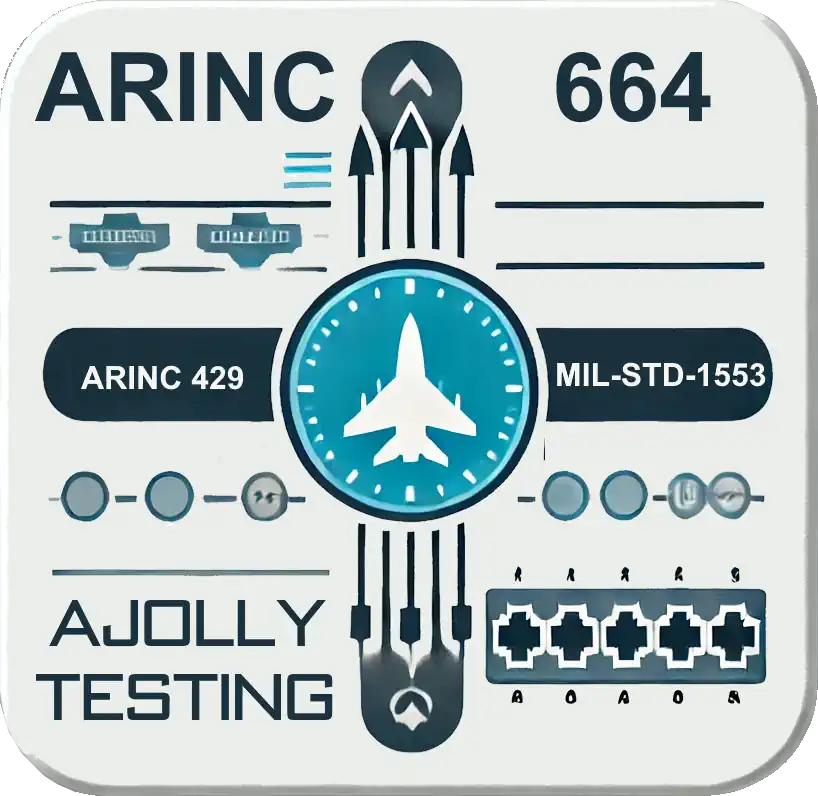
Communication between embedded systems in civilian and military aircraft requires reliability, determinism, and data integrity. Three of the most widely used protocols in avionics systems are:
- ARINC 429 – Traditional civil standard, simple and robust
- ARINC 664 (AFDX) – Deterministic Ethernet used in modern aircraft
- MIL-STD-1553 – Military protocol with redundancy and strict access control
Each of these protocols has unique characteristics that make them more suitable for certain contexts and applications.
📊 Comparative Table
| Characteristic | ARINC 429 | ARINC 664 (AFDX) | MIL-STD-1553 |
|---|---|---|---|
| Type of communication | Unidirectional, simplex | Switched full-duplex | Bidirectional, master-slave |
| Speed | 12.5 or 100 kbps | 100 Mbps | 1 Mbps |
| Topology | Point to point | Ethernet with switch | Bus with two channels |
| Redundancy | Optional | Full physical redundancy | Native redundancy |
| Determinism | High | Very high | High |
| Implementation complexity | Low | High | Medium |
| Typical use | Classic civil aviation | Modern aircraft (A380, B787) | Military and space systems |
| Message size | 32 bits (fixed) | Ethernet + IP/UDP | 20 words of 16 bits |
🔍 When to use each protocol?
ARINC 429
Ideal for legacy systems or simple and reliable functions, such as:
- Flight indications (altitude, speed)
- Navigation commands
- Autonomous systems that do not require a response
ARINC 664 (AFDX)
More suitable for modern aircraft with complex networks and high traffic demands:
- Flight control systems with multiple computers
- Interconnection of critical modules with QoS
- Environments with high bandwidth requirements and flow separation
MIL-STD-1553
Recommended for military and aerospace applications:
- Satellites, military helicopters, combat aircraft
- Communication between modules with strict access control
- Environments with high electromagnetic interference
🛠️ How AJOLLY Testing supports these protocols
AJOLLY Testing develops testing and simulation solutions for the three standards:
- Emulation and decoding of ARINC 429, 664, and 1553 frames
- Integration with LabVIEW, TestStand, C/C# platforms
- Monitoring of Virtual Links, timeouts, and packet integrity
- Creation of test benches and custom test jigs with embedded connectivity
- Complete traceability for homologation, certification, and production
✅ Conclusion
The choice between ARINC 429, ARINC 664, and MIL-STD-1553 directly depends on the level of criticality, data rate, redundancy needs, and the operational environment.
With AJOLLY Testing, your embedded testing infrastructure can be adapted to any of these protocols, with reliability, traceability, and scalability.
